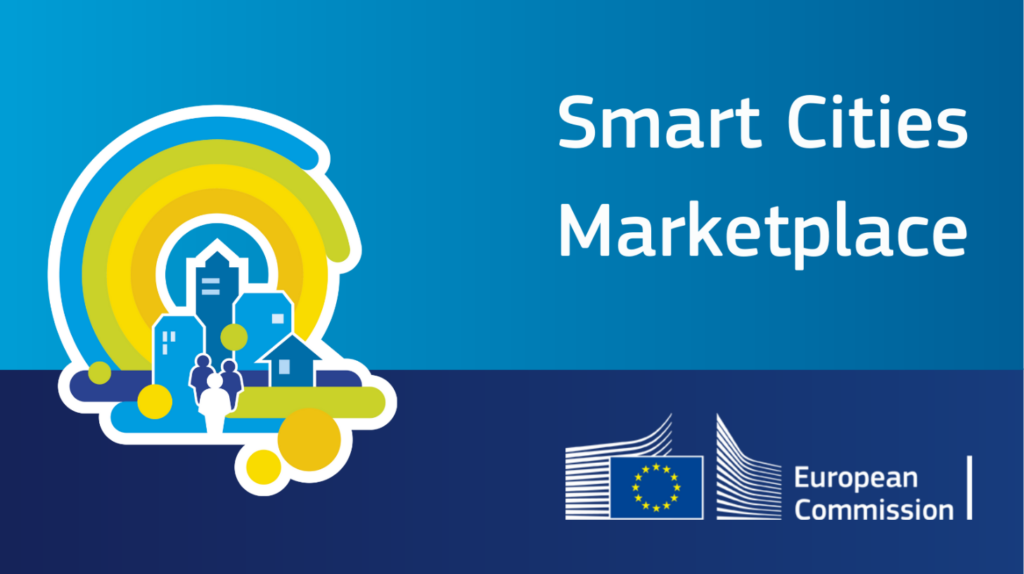The Green Cities consortium developed the blog post “Climate Impact Solutions: Strategies for Reducing Effect” under the EU-Funded Project Youth Participation for Developing Sustainable Green Cities (reference number: 2022-1-DE04-KA220-YOU-000085135). L4Y Learning for Youth GmbH is leading the project alongside partners Citizens in Power, Toplum Gönüllüleri Vakfı, Kean, Walktogether, and Kaán Károly Környezetvédelmi Egyesület.
This blogpost is based on the training content developed for the Green Cities project. For more content like this, click here. If you would like learn more about the topic, we suggest enrolling in our free online training course. In the platform, you will also find the full list of references and extra suggested reading material.
To keep up to date with the project news, follow our YouTube Channel, as well as the project’s social media pages X and Instagram. Additonally, you can also join our Discord community.
Introduction
Climate impact solutions are essential for sustainable development and the green economy. The Stockholm Conference in 1972 laid the foundation for modern environmental protection. Furthermore, in 1987, the Brundtland Commission’s report, “Our Common Future,” defined sustainable development. It highlighted principles such as respecting communities, preserving biodiversity, and improving human life. Importantly, it emphasized minimizing non-renewable resources and fostering global cooperation.
Principles of Sustainable Development and Climate Impact Solutions
Sustainable development includes preserving environmental resources, enhancing societal goals, and ensuring economic viability. Today, these principles are integrated into national and global policies. Moreover, sustainability presents challenges for all countries. It requires long-term perspectives on the environment, economy, and social policy. Climate change, driven by the greenhouse effect, is a significant challenge. Consequently, managing and adapting to it is crucial. Therefore, climate impact solutions play a vital role in addressing these challenges.
Climate Change and Greenhouse Gases
The main cause of climate change is the greenhouse effect. Certain gases in the Earth’s atmosphere trap heat, causing global warming. Human activities have increased concentrations of these gases, including carbon dioxide, methane, nitrous oxide, and fluorinated gases. Therefore, reducing these emissions is critical. Deforestation, fossil fuel burning, and industrial activities are major contributors. Additionally, animal husbandry and nitrogen fertilizers play roles in increasing greenhouse gases.
Urbanization and Climate Impact Solutions
Urban areas face the greatest risk from global warming due to their density and structure. Consequently, cities are more exposed to negative effects like warmer climates, storms, and heavy rainfall. These phenomena threaten health, jobs, and basic services, potentially weakening city economies. However, countries have climate strategies to address these challenges. These strategies focus on mitigation and adaptation. For instance, reducing fossil fuel use and increasing renewable energy are key mitigation efforts. As urbanization accelerates, the focus shifts to sustainability and the implementation of climate impact solutions.
Mitigation and Adaptation Strategies Enhanced by Climate Impact Solutions
Mitigation involves reducing greenhouse gas emissions. This can be achieved by decreasing fossil fuel extraction and use, and increasing the share of renewable energy sources. Adaptation involves adjusting to the negative impacts of climate change. Raising awareness is also crucial. As urbanization accelerates, the focus shifts to sustainability. The green city concept emphasizes waste reduction, green space expansion, and renewable energy use. Smart transportation systems, therefore, are essential in supporting these strategies by providing sustainable transit options.
Smart Water Management Systems as Climate Impact Solutions
Water management is vital for urban sustainability. Urbanization increases pressure on water resources, leading to over-exploitation and pollution. Climate change exacerbates these issues with extreme weather events. Therefore, an integrated water management system is essential. This system should include water supply, wastewater treatment, stormwater management, and flood protection. Smart planning, such as rainwater harvesting, can help cities like Sydney and Singapore develop flexible water management systems. Moreover, integrating smart transportation systems with these water management strategies ensures a holistic approach to sustainability.
Key Tasks in Water Management
Effective water management involves:
- Exploration, exploitation, extraction, and distribution of water resources
- Transporting water to the place of consumption
- Protecting water quality
- Constructing and operating water facilities
These tasks ensure the sustainable use of water in urban areas. Additionally, incorporating smart transportation systems enhances the efficiency of these processes.
Conclusion
In conclusion, climate impact solutions are crucial for sustainable development. By focusing on environmental protection, water management, and smart city planning, cities can mitigate and adapt to climate change. These strategies promote sustainability, economic viability, and enhanced quality of life. Consequently, as urbanization continues, implementing these solutions will be essential for creating resilient, sustainable urban environments. Ultimately, the integration of smart transportation systems and effective water management will play a significant role in achieving long-term sustainability goals.













